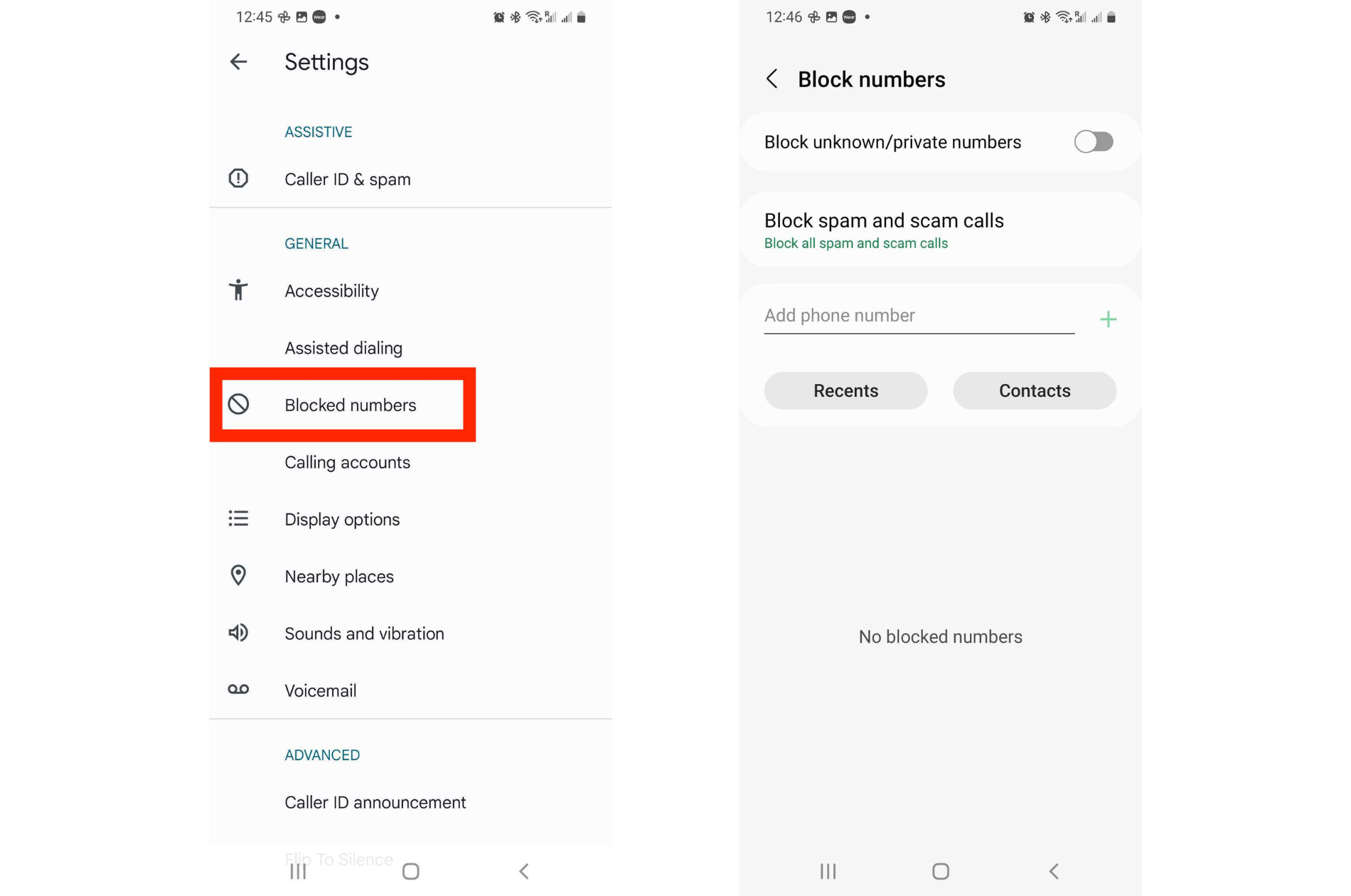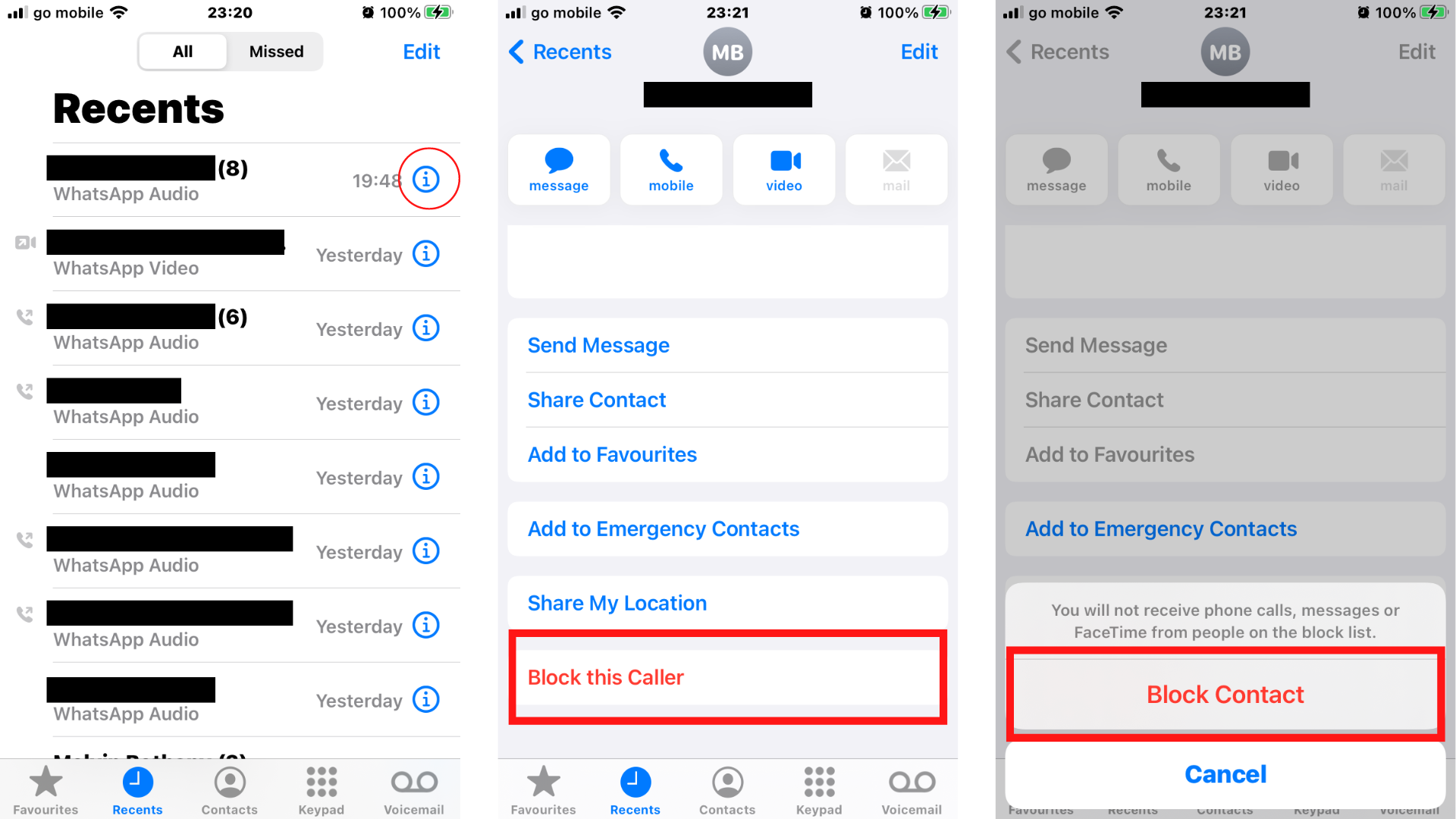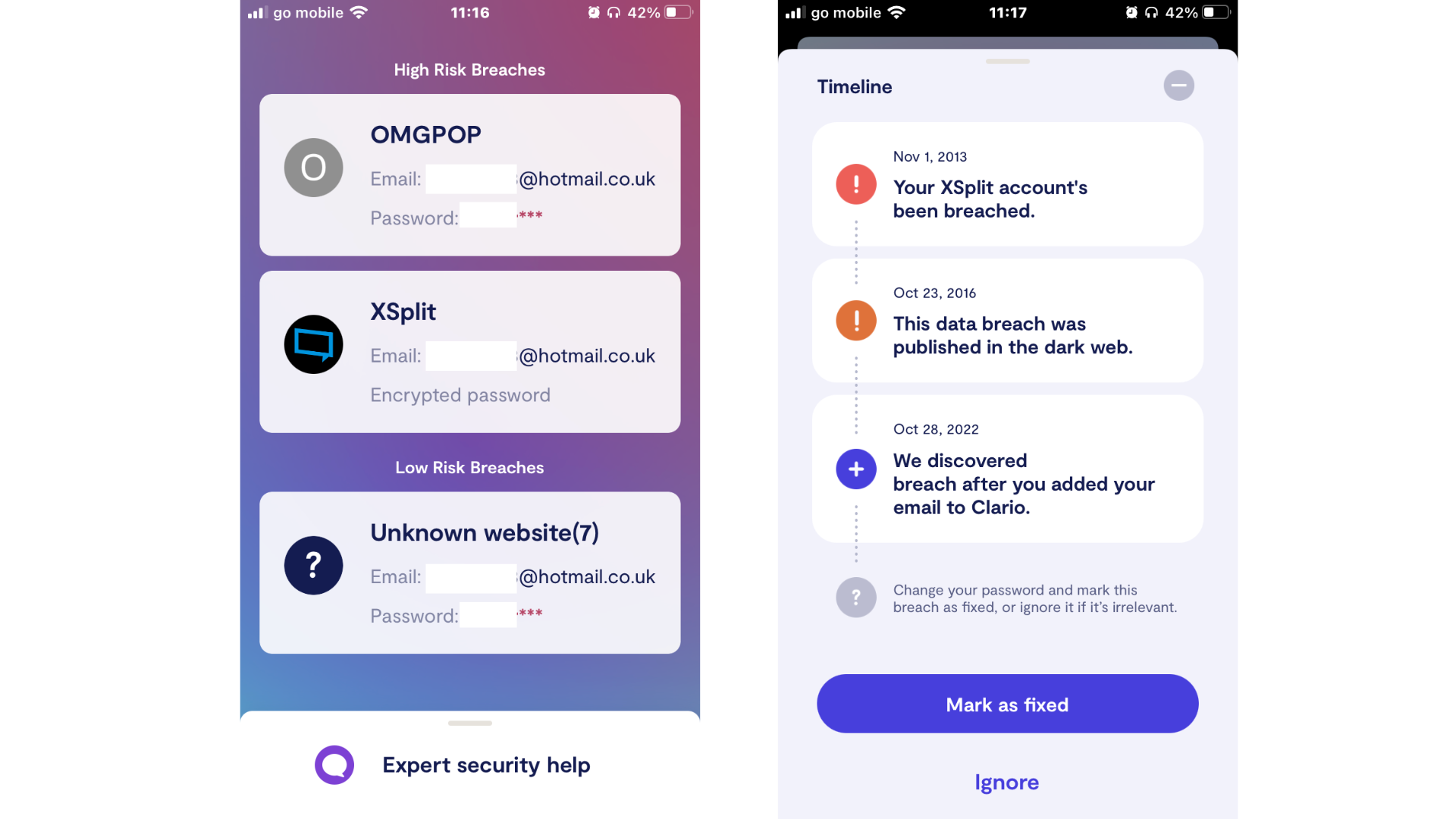Table of contents
- What is caller ID spoofing?
- How does Caller ID spoofing work?
- How to stop someone from spoofing your number?
- How to tell if your phone is spoofed
- What to do if your phone is spoofed
- How to stop spoofed calls to your device
- How to block spoofed calls on Android
- How to block spoofed calls on iPhone
- How did spoofing scammers get my number?
- Why is phone spoofing dangerous?
- When Is Spoofing Legal?
- When Is Spoofing Illegal?
- How to report Caller ID scams
- Best ways to guard against fraud
What is caller ID spoofing?
You may one day catch yourself saying, “oh no! My phone number is being spoofed”...but what is caller ID spoofing? Criminals have found a way to fake their caller IDs to take the form of various trusted companies or personal numbers to catch you off guard. By being able to fake their location or take the form of a trusted company, it increases the chances of you answering the phone and handing over sensitive information to the wrong people.
Spoofing can take the form of different scams. This means that you could be subject to spoof attacks via email and IP spoofing. While the platform is different, the foundations of the scam remain the same. Read this article "What is Spoofing" to make sure you don’t become the next victim of a spoof attack.
How does Caller ID spoofing work?
There are plenty of legitimate uses for caller ID spoofing, but unfortunately, this technology has become increasingly easier for cybercriminals to abuse. By using a third party to connect their call to the intended target, they can choose how the third party displays their caller ID to the unsuspecting victim.
Hackers will typically cloak themselves as trusted companies numbers to create a false sense of security for the potential victim.
How to stop someone from spoofing your number?
This isn’t the easiest thing to prevent due to the random nature at which cybercriminals can generate the numbers they use. There are some steps you can take online you can take to reduce the chances of scammers directly targeting your number:
- Be cautious when entering online sweepstakes and prize competitions
- Read the terms and conditions thoroughly and understand how your information will be used
- Always untick consent boxes asking to store or share your personal data
- Don’t share your phone number online with people.
How to tell if your phone is spoofed
If you want to know whether your phone number is being used by a spoofer, then here are some indicators:
- Calls and messages from strangers asking who you are
- People calling or texting your phone asking you to stop pestering them
- Incoming calls and text messages in response to conversations or offers you didn’t make
- Getting phone calls from your own phone number.
What to do if your phone is spoofed
If you aren’t sure how to respond to the number of people asking you questions about calls you didn’t make, then try these simple steps to take control of the situation:
- Block unknown numbers - If you notice the same number trying to call you repeatedly, go ahead and block them from calling you. It can save you a lot of time in the long run by preventing those calls from getting through to your phone.
- Set a new voicemail password - Voicemail is often accessed just by calling them from your phone. If someone is spoofing your number they will also be able to gain access to your message bank. Go ahead and set up a password or PIN for your messaging service and stop the spoofer from accessing your messages.
- Record a new voicemail - The best way to calm the situation is to record a voice message explaining that you are the target of a spoofing operation. Let the people who are trying to call you back know that you aren’t involved in this scam and encourage them to block your number to prevent them receiving any future calls from your spoofed number.
- Inform your mobile network provider - Report any suspicious calls to your mobile carrier as phone providers such as Verizon and AT&T have support pages available to help guard against spoofing and identity theft.
- Install an Anti-Spoofing App on your device - Add an extra layer of protection to your device by installing an anti-spoofing App onto your smartphone. These Apps will usually mask your phone number with a secondary phone number of your choice to help reduce the chance your actual number is spoofed. In short, Out-spoof the spoofers!
- Phone Service Provider Protection - If you are reluctant to enroll in the services of an anti-spoofing company, try and enquire if your own network provider offers a similar service. For example; AT&T has an upgraded security package that can be purchased as a standalone package, as well as the AT&T Call Protect App, which shields users from spoofing.
- Play it cool - Sometimes the best thing to do is to remain patient and wait. It can take only two weeks for spoofers to find a new target or exhaust their options with your phone number and move on. Take the immediate defenses mentioned above and then give it some time to take effect.
- Check your phone bill statements - Keep a close eye on your statements over the next month or so and make sure there isn’t anything unusual happening within your accounts. If you see something you don’t recognize, make sure you report it.
- File an official complaint - US residents have the FCC in their corner defending them from unlawful practices. Alert the FCC of your spoofed number and allow them to carry out a formal investigation.
- Change your number - The final option may be one of the most obvious answers to this situation. Changing your phone number may seem annoying at first, but it will save you plenty of time in the long run.
How to stop spoofed calls to your device
You can take a few steps to stop receiving spoofed calls to your device. From blocking the numbers to reporting the scam calls that you get, these simple steps below can make a big difference:
- Avoid entering your personal data into websites that will store, save, and sell your data to third-party websites - no matter how great winning a free brand-new iPhone sounds.
- Avoid calls from unknown numbers. Don’t allow scammers to try and deceive you by avoiding calls from blocked numbers or unfamiliar area codes.
How to block spoofed calls on Android
- Tap the Phone icon on the home screen
- Tap Menu and then Settings

3. Tap Block numbers and type in the number you wish to block.

How to block spoofed calls on iPhone
- Press the Phone App from the home screen
- Press Recents and click the ‘i’ Button on the number you wish to block
- Finally press Block this Caller and confirm.

How did spoofing scammers get my number?
Scammers have various ways of gaining your contact information. Usually, your information is collected online through security breaches of companies that have your details stored on record. For example, if you are signed up to Spotify, and they have a data leak, your phone number, email, and home address may be harvested by the criminals responsible.
This data is either used by the scammers themselves or can be sold online on the dark web to other criminals who want to try and hack you.
Why is phone spoofing dangerous?
While spoofing might sound pretty harmless at first glance, it can make scams and ploys much harder to recognize, and it becomes dangerous when used to add more sophistication to cybercriminals' scams. Vulnerable people who aren’t aware of spoofing may lower their guard if they believe they are speaking to an official company representative.
Sharing personal details over the phone can defraud people out of thousands of dollars if done correctly by prying hackers, so it’s important to report any spoofing attempts, as the next target might not be as alert as you are.
When Is Spoofing Legal?
Phone spoofing is a legalized method for employees needing to make official company calls from their personal devices. Not only does it protect the employee's personal number, but it also allows the company to make official calls off multiple different devices. Industries such as law enforcement, healthcare, helplines, and journalism will all benefit from the legal uses of spoofing.
When Is Spoofing Illegal?
Spoofing is illegal when it is done with the intent of fraud or malice. Spoofing is growing more sophisticated with the access of Voice over Internet Protocol which has increased how easy it is for scammers to spoof their caller IDs.
How to report Caller ID scams
File a complaint with the FCC using the link provided here. By filling in this complaint form, you will alert the correct authorities who will investigate the matter on your behalf.
Best ways to guard against fraud
If you want a full in-depth guide about how to identify and protect yourself against fraud, then take a look at our article ‘How to Protect Yourself from Identity Theft?’. Here are some quick tips to help you get started:
- Don’t answer unrecognized calls.
- Ignore suspicious prompts.
- Ignore giveaways that require a fee.
- Always proceed with caution and take your time to assess.
- Hang up if it doesn’t feel right.
Don’t become the next victim to an online spoofing attack and let Clario keep you safe while you browse online. Their security App will keep harmful apps from monitoring and stealing your data and protect you from third-parties trying to collect your personal data.
With 24/7 assistance from their support team, you’ll be alerted of any data breaches and they’ll walk you through the necessary steps to resecure your accounts and information. Follow the simple steps below to find out if your private information has become compromised:
- Download and launch Clario App
- Press Identity
- Press Add email under the Data breach monitor section
- Type in the email address you wish to monitor and press check
- Retrieve the verification code sent to your email address and enter it

6. Clario will search the internet and dark web to find out if your password and email combination have been leaked.
7. Click the breach you wish to investigate
8. Clario will provide you a full timeline of the breach and offer you advice on how to resecure your account.

9. Now you are safe and secure, ready to carry on your internet experience.







